Hotel, hostel, or couchsurfing: how to decide where to stay while traveling
Travel accommodation is one of the biggest factors to consider when planning a trip, and not just because of price. While it’s true that lodging generally eats up a fair amount of your travel budget, it’s also a major influencer on the kind of experience you have in your destination. It’s something you should consider very carefully, and there are certain questions you can ask yourself to smooth the process along.
Where am I happy to stay?
These days, there are myriad accommodation options to choose from. These range from completely free (kipping in the airport before an early flight) to spectacularly expensive (Dubai’s Burj Al Arab springs to mind). You could have a room the size of a small country to yourself, or be sharing with 23 of your closest friends — or not have a room at all.
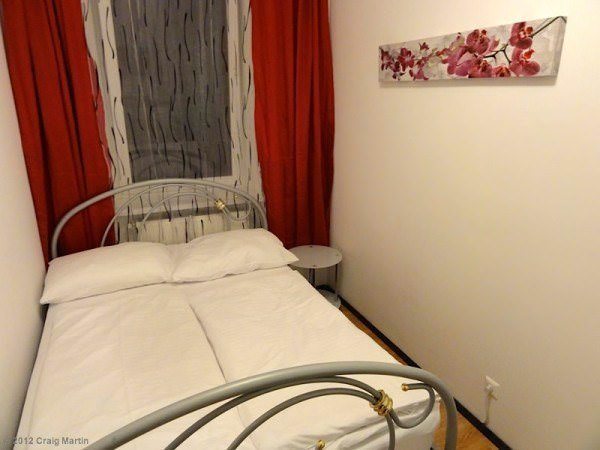
Generally though, your travel accommodation options are:
1. Camping in a tent or hammock, or sleeping rough.
2. Sharing a dorm room in a hostel with other travellers.
3. Staying in a hostel, but in a private room.
4. Finding a local guesthouse with just a few rooms.
5. Picking a hotel.
6. Renting an apartment or housesitting.
7. Staying with someone: a friend, relative or Couchsurfing contact, or using a service like AirBnB.
Of course, there are many other options, like staying in a campervan or houseboat, but let’s stick to the basics. So, where are you happy to sleep? I’m not happy to camp because I don’t want to carry a tent with me, but if the tent was provided I’d reconsider. I used to be more than happy to sleep in a dorm room in a hostel, but I’m much less likely to do that these days, because I find it difficult to sleep with the noise of other people moving around in the room. And I often find that the price of a hotel far outweighs its value to me — which isn’t to say I wouldn’t stay in one, just that I’d usually prefer another option. A private room in a hostel or guesthouse, an apartment rental, or Couchsurfing are definitely my preferred options.
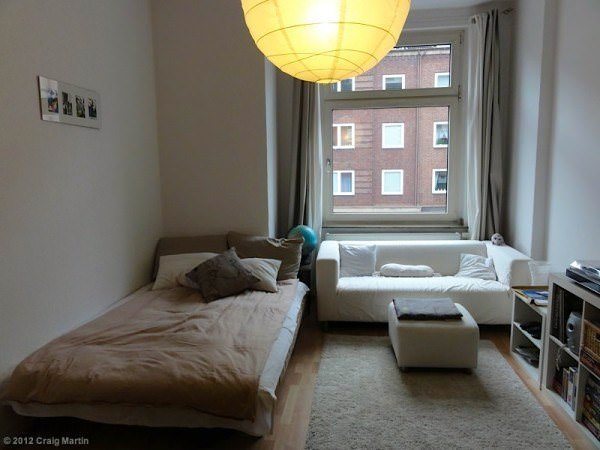
Perhaps for you, Couchsurfing is a scary prospect — you’re staying in the house of a stranger, after all. Or perhaps you don’t like to interact with other travellers as much as you have to in a hostel. Or maybe you really like the consistency a hotel usually offers, and are willing to pay for that.
As you travel, your preferences or budget might change, and what you used to prefer might no longer be an option.
How much energy and free time do I have?
This is a major factor for me. Since we’re travelling full time, we’ve used almost all of the options above, and energy has often been a reason for choosing one over another.
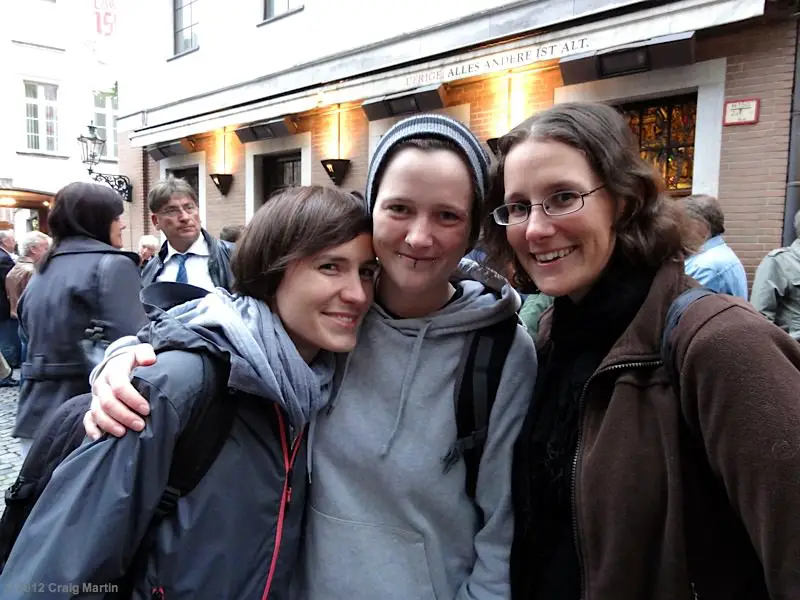
For example, I love couchsurfing, but I try not to do it if I’m exhausted or emotionally drained. It’s an unwritten rule that you should spend time with your host — otherwise you’re just there for free accommodation. I similarly avoid hostels if I’m really tired, as they are sometimes not the quietest option and I’m a light sleeper. However, they’re perfect if I need to spend time with people.
Some options are easier to book than others, so you need less time to organise them. Hostels, hotels and guesthouses can all usually be booked online, but couchsurfing, AirBnB and apartment rentals all involve some level of back-and-forth. Do you have the time to devote to writing couchsurfing requests or waiting for a host to confirm your booking?
Camping can also take time — campgrounds are often located on the outskirts of town, so you’ll need to factor in transport time, and you’ll have to put up your tent as well.
What do I want out of my trip?
Why are you travelling? If you’re travelling for business, and you just want to get the work done and go home, a hotel is probably going to be your best bet.
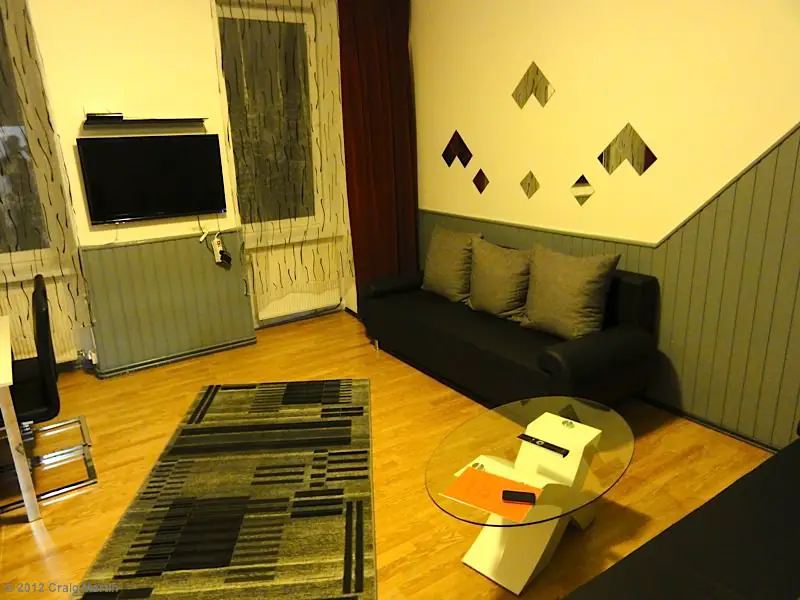
If you’ll be in one place for more than a few days, the comforts of home are also available. Apartment rentals from companies like Roomorama or AirBnb allow you to rent whole apartments by the night, often with discounts for stays of a week or more. They’re often centrally located, so if you want to see the sights of a city, they’re a good option.
I used to travel to see the sights, so I usually chose a centrally located guesthouse or hostel to minimise transport time. Now, though, I want to get under the skin of a place, and I think the best way to do that is to meet locals. AirBnB is a great way to do this — as well as offering full apartments, it also has the option of renting a private room, so you’re staying with a local host.
Couchsurfing is also great, since it allows you to stay with locals for free. When I couchsurf, I spend a lot more time organising accommodation and travelling to my hosts’ houses, and I don’t always save a lot of money — but I’ve always had a fantastic experience and have learned a lot about the culture and history of my destination.
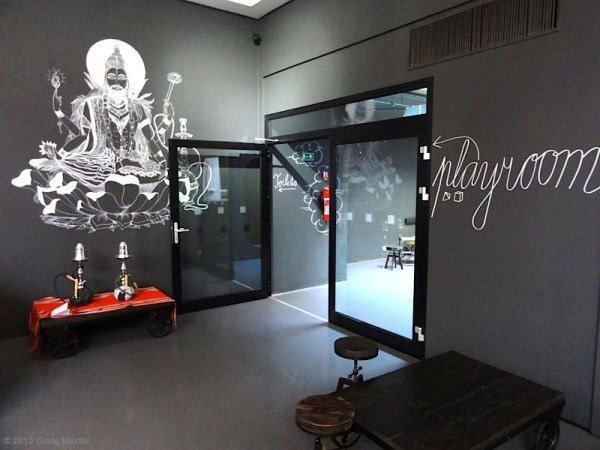
Personally, I think the best choice is to have variation in the places you stay. Couchsurf for in one place, then stay in a hostel in the next. Stop for a week or so in an apartment rental, then find a boutique hotel or go back to couchsurfing. But in the end, it’s up to you and what kind of experience you want to have.
Who do we book with?
We book accommodation through a wide range of websites, but we find ourselves returning again and again to the following ones: Booking.com for hotels, and AirBnb for apartment rentals.

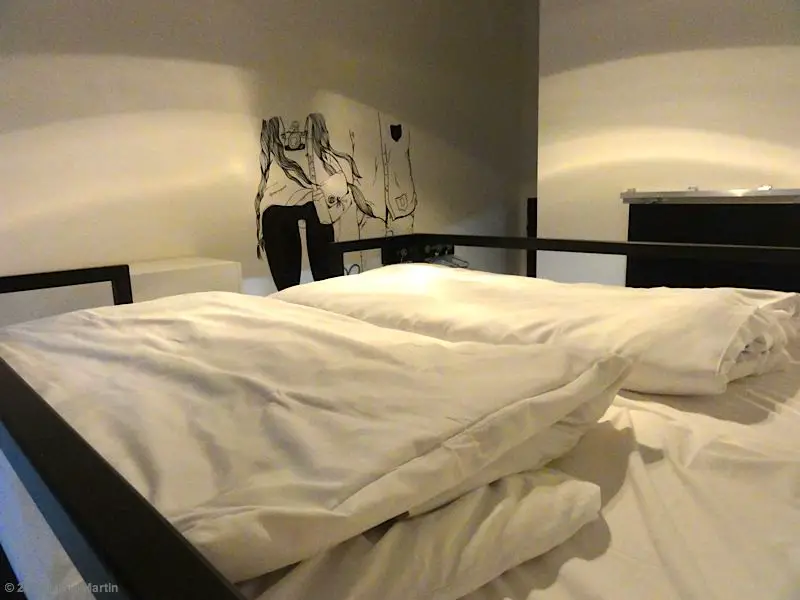


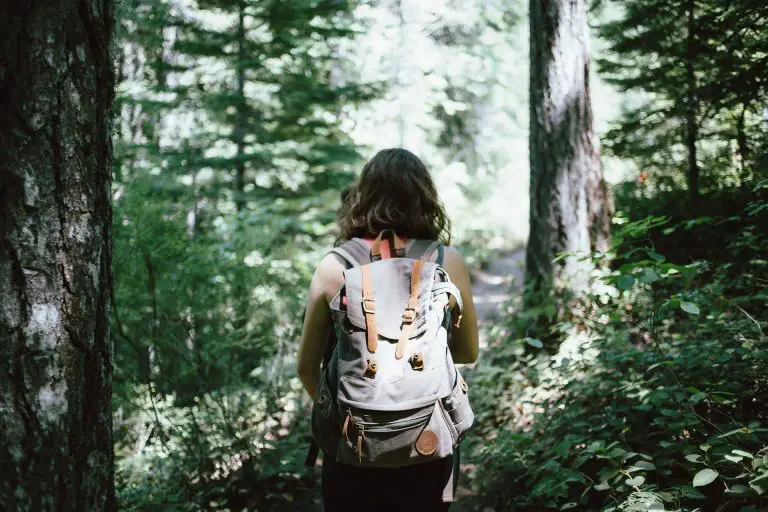

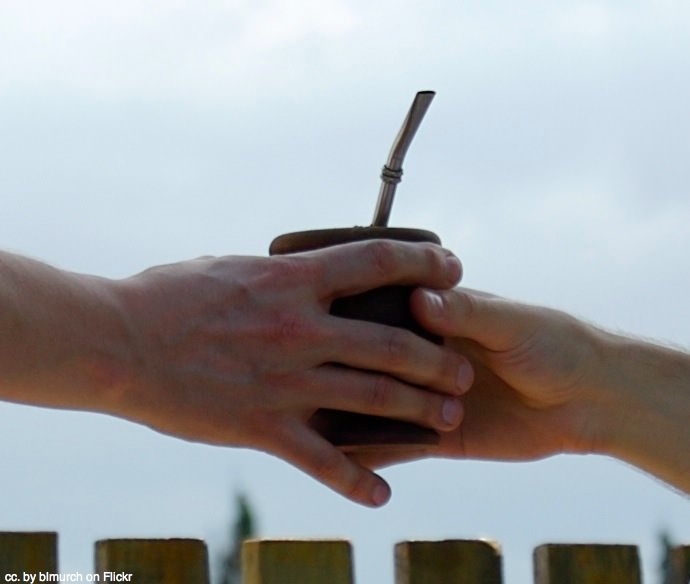
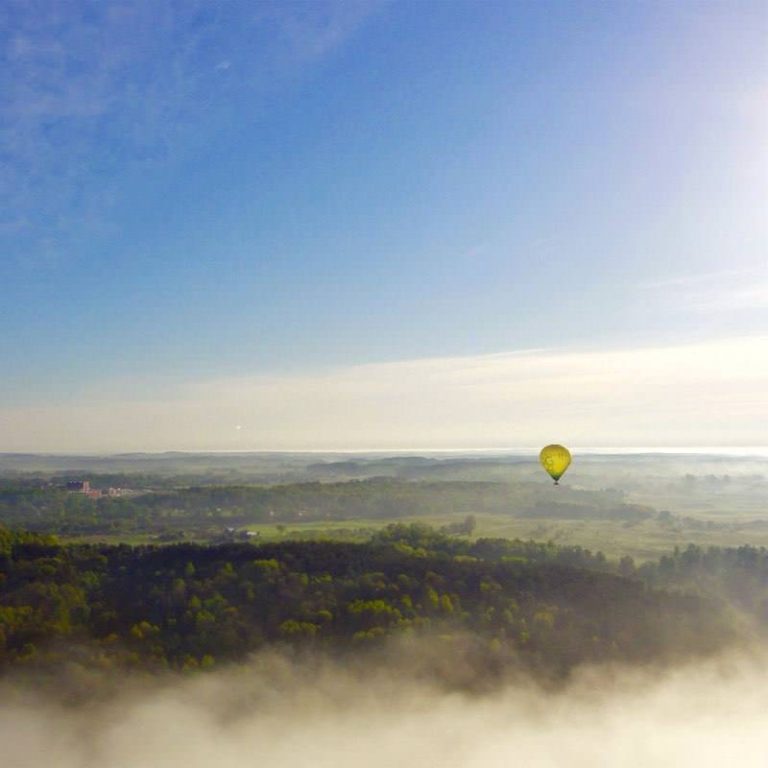
I love AirBnB, but unlike you, I’ve only ever used it to rent whole apartments (usually when travelling with my partner), never just a room. I’ve always had good experiences, and a couple of times, I’ve not actually met the host in person, though everything still worked out fine. So for me, AirBnB is less like couchsurfing than you describe, and more like apartment rental.
That’s interesting, I’ve seen quite a few full apartments listed but we’ve never used them. I suppose we’re usually looking for the cheaper options, and that’s usually a sharing situation.
Hi Guys
I love to get more into the culture and people and see what they do and what they think about and is important to them. I have been traveling over 40 years (41) and have actually been in historic events which are sort of like cultural earthquakes and would not have the perspective about them if I had been in a hotel, I did the dorms in hostels and ski lodges for the first 10 years and then moved to guest houses with hotels for the first night or last night to recover or prepare for the 18 hour plane rides. Sight seeing is fine but they can consume lots of time and money. I usually do a couple mostly historical sights I have read about and then just wander, watch and enjoy the freedom. I have learned it is more relaxing to be yourself and do what you interests you rather than what everyone says you should. While at home I host couch surfers and international visitors, they can give you great inside info for your next trip.
Happy Trails
Boy that got wordy
Sounds like you’ve got a great travel style. Guesthouses for the first and last nights are a great idea, I definitely think that if you’re staying with someone it’s a good idea not to be super-tired.
I just had my first real travel experience (I’ve been pretty sheltered yes- but hope to remedy this) and actually did a mix of hostels (3 different ones), hotel, and AirBNB. Hostels are definitely an experience and worth trying if you’ve never done it — but can vary widely. I stayed in one hostel in London that I hated because there were 16 of us in the room, both sexes, beds very close together and people loudly coming and going all night. But stayed in one in Bruges (less expensive, too) that was quaint and adorable and I shared with only one other person. I could have stayed for weeks. Definitely do your research and read reviews on hostels to fit the experience you want. Hostels are a great way to meet people, but you definitely aren’t guaranteed good sleep.
My AirBNB experience (also in London) was fantastic, and like another commenter said, it was more like an apartment rental. The homeowner was there at the same time, but she wasn’t around much and was very friendly and accomodating to my needs. I had a key to her house and was basically her roommate for 3 days; able to use all her facilities and she welcomed me to use basics like coffee, cereal, milk etc. On my next trip I will definitely use AirBNB or a similar website to book my accomodations. I paid $40/night in a city where hotel rooms go for at least $200/night and up.
It was nice to have a hotel on the night before my plane departed, right by the airport, but I’d have been fine in an AirBNB room as well.
I completely agree about hostels — they can vary wildly. I think if I was travelling alone I’d be more keen to keep using them, and I’d probably choose female dorms, but since we’re travelling as a couple we can often get a double room for not too much more than the price of two dorm beds. I tend to get a much better sleep and don’t have to worry about tidying up after myself so much!
We had the same experience with AirBnb, it was just like being our host’s flatmates. It was nice, but quite different to couchsurfing.
I always find sleeping in a tent fun and adventurous, but it’s not as comfy as a bed in a private room. But of course it depends on the place and the reason why you’re staying there. I think I just want to say that I love tents lol. Staying in hotels and hostels have always been my and my friends’ option whenever we travel. I haven’t shared a room with some strangers, and I don’t know if I’d be comfortable doing that. That’s the best thing about traveling with friends, you get to share everything with them.
Tents are awesome, I agree — I just don’t want to carry one! When we travel around New Zealand, though, we almost always stay in tents. The Department of Conservation manages hundreds of fantastic, cheap campsites and there are (more expensive) holiday parks to camp in as well.
As long as there are no scary bugs/snakes, I’m pretty much happy anywhere. A bed is always a luxury! Great post 🙂
Thanks!
If you travel by car (or just rent one,) it might be a great idea to rent a caravan. The mobility is aweonme and you’re totally independent. The only drawback is that zipping around cities could be a real pain in the neck.
We’ve never used a big campervan, but we love the Spaceships ones, which are the size of a large car — so you don’t have problems driving around a city or up hills. Check them out: https://indietravelpodcast.local/spaceships_nz
Didn’t think about the campervans, thanks for the hint. 😉
I love trying different types of accommodation. I am a couchsurfer, I love camping and staying in hostels but recently I’ve used AirBnB to rent a room and once to rent a whole apartment. It’s great to have such a wide range of choices when you travel.
Hotel, hostel, or couchsurfing: how to decide where to stay | Travel | Indie Travel Podcast, me ha parecido muy genail, me hubiera gustado que fuese más largo pero ya saeis si lo bueno es breve es dos veces bueno. Enhorabuena por vuestra web. Besotes.
Cool article Linda. I recently tried couchsurfing and my experiences are more than good, I would recommend it to anyone.
Great to hear! We’re huge fans. 🙂